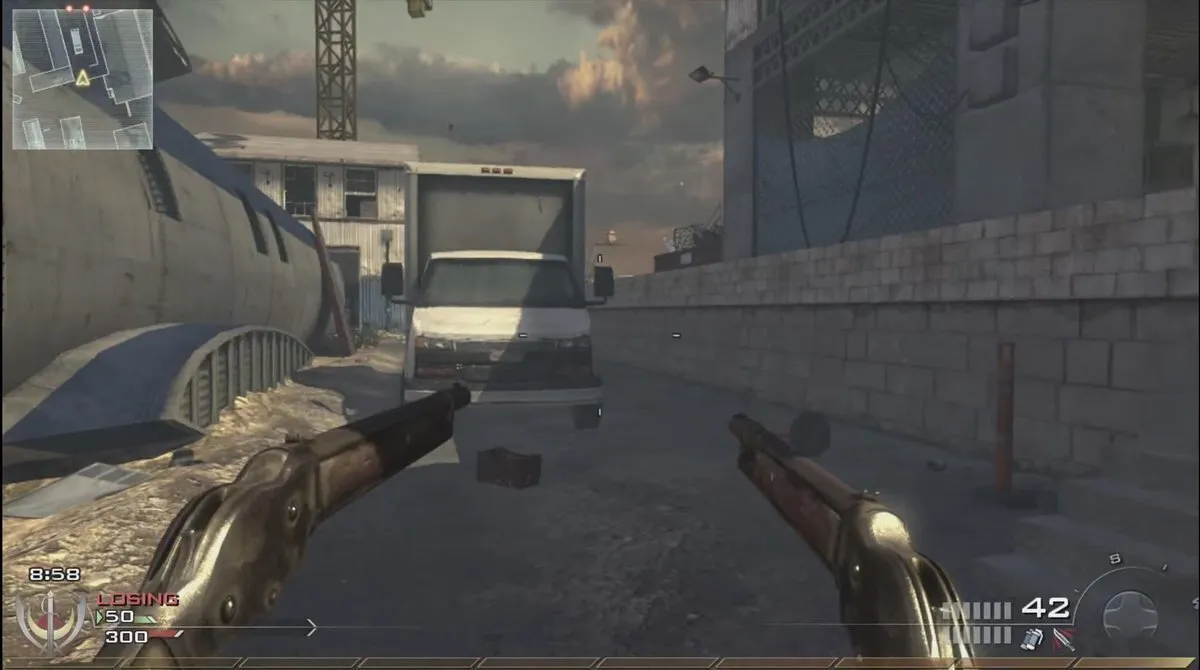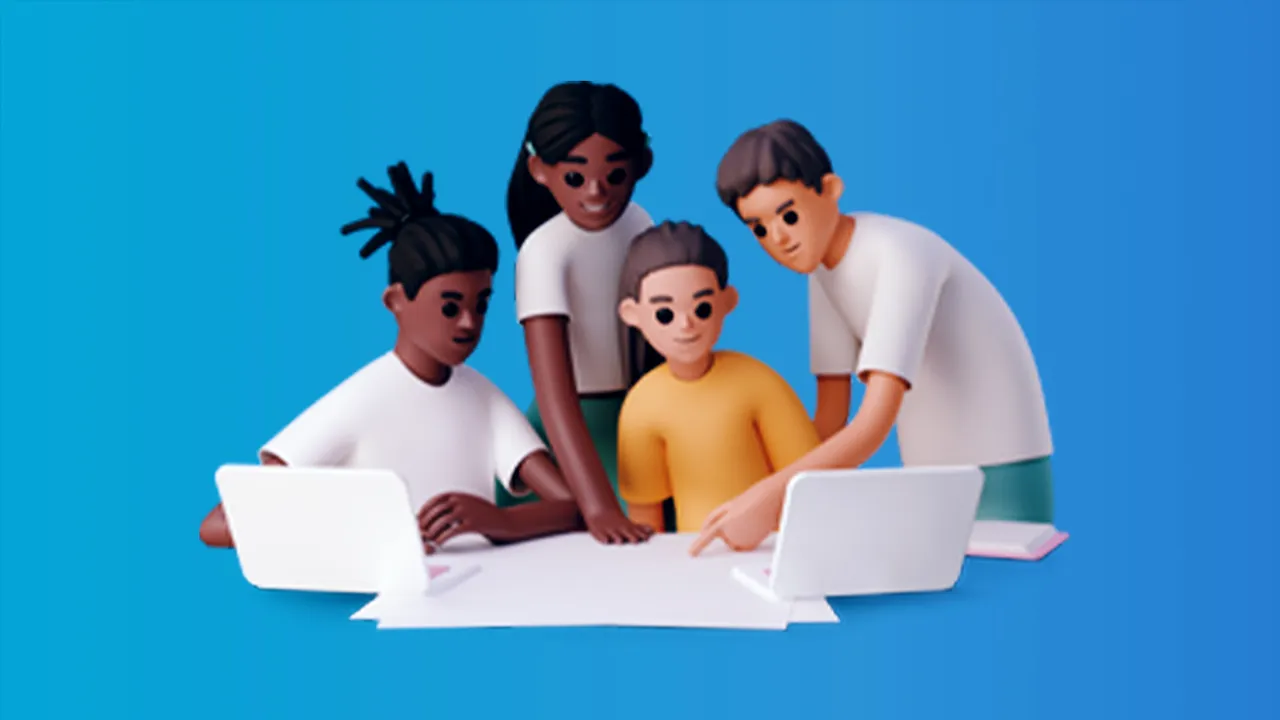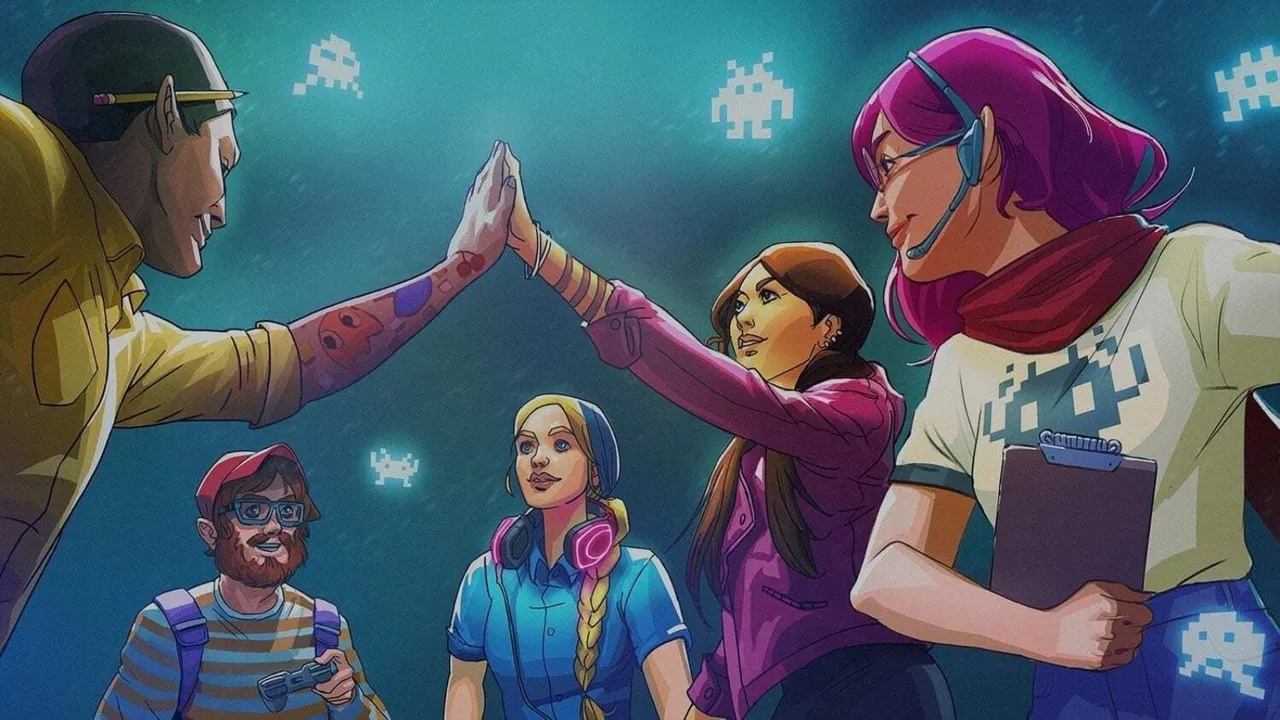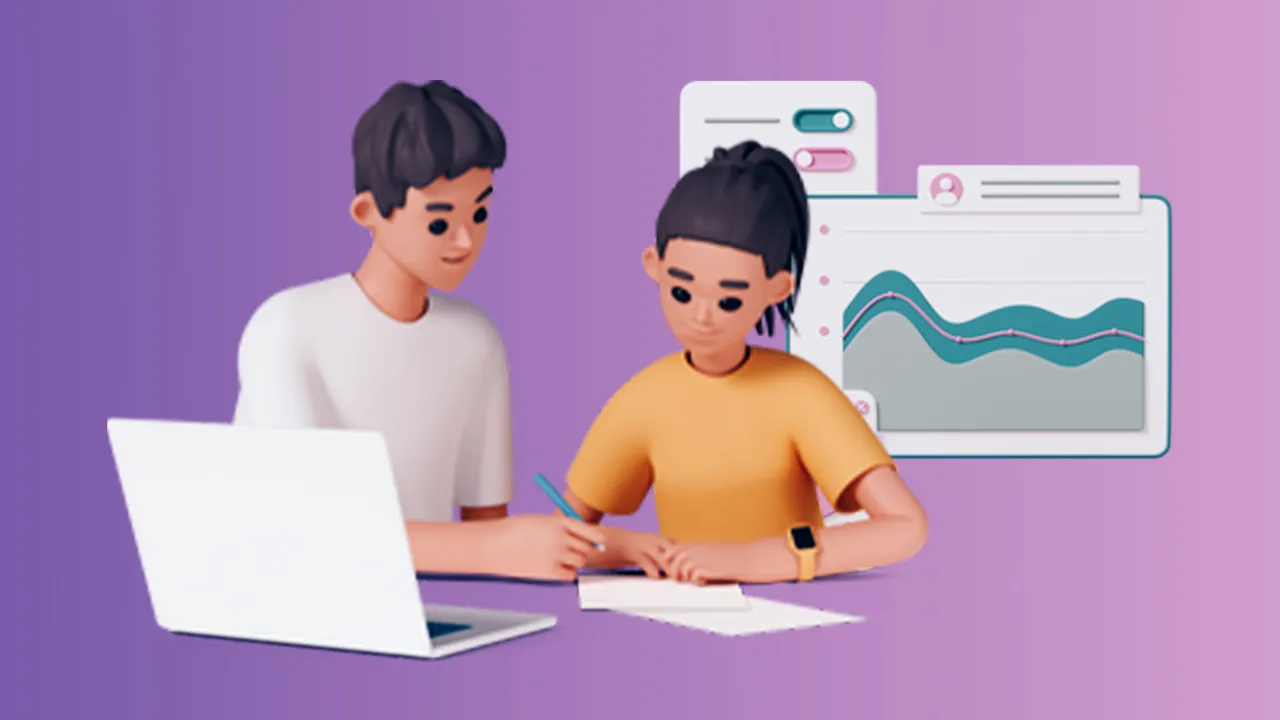What does "OP" mean in gaming?
What does OP stand for in gaming and where did it come from?
OP is short for ‘overpowered’ and is used to refer to an in-game object or characteristic that is so strong it could be seen as a balancing issue. It’s generally used in PvP (player-vs-player) or PvE (player-vs-environment) games since these have a competitive element to them.
What can be classed as OP?
Anything that is player-controlled can be seen as OP if it’s a bit too good in the current version of a game. Characters, weapons, and skills are the most common suspects for being labelled as OP if they’re noticeably better than the other options in their category.
The first example that comes to mind for us would be the akimbo Model 1887 shotguns from the launch of 2009's Call of Duty: Modern Warfare 2. Shotguns are typically strong at close-range but poor in any other distance.
When a player armed themselves with two Model 1887 shotguns in MW2, however, they were essentially wielding a pair of hip-firing sniper rifles. It didn’t take long for this to be addressed and for the weapons to be nerfed (though we’ll always remember that initial Model 1887 akimbo chaos with a fond smile).

Can items move between being OP and not OP?
Yes, absolutely. What is classed as OP in one iteration of a game could change as early as the next patch update. If a weapon is dominating the playing field and causing other options to be ignored, a developer might choose to nerf it. This could be by reducing its damage, adding cooldowns, or even buffing alternative weapon choices to level out the playing field.
Depending on how broken an item is, it can be hours, days, weeks, or even months before it’s addressed.
How do other players view those who use OP items?
The answer to this varies from player-to-player, but most people will fall into one of two viewpoints: either that people who use OP items are unskilled, or that it’s fair game seeing as everyone has access to the same weapons and characters.
Sometimes OP items may be locked behind paywalls, which can unfortunately make a game pay-to-win. This is typically frowned upon by the gaming community as it damages the competitive integrity of a game.
-
 Landing a Summer Internship in the Video Game Industry: The Ultimate Quick Guide
Landing a Summer Internship in the Video Game Industry: The Ultimate Quick Guide -
 Entry-level Jobs in the Video Game Industry: The Ultimate Guide
Entry-level Jobs in the Video Game Industry: The Ultimate Guide -
 Junior-level Jobs in the Video Game Industry: The Ultimate Guide
Junior-level Jobs in the Video Game Industry: The Ultimate Guide -
 Intermediate-level Jobs in the Video Game Industry: The Ultimate Guide
Intermediate-level Jobs in the Video Game Industry: The Ultimate Guide -
 Senior-level Jobs in the Video Game Industry: The Ultimate Guide
Senior-level Jobs in the Video Game Industry: The Ultimate Guide -
 Getting into gaming: Strategies for landing your first game development job with Katherine Mould of Keywords Studios
Getting into gaming: Strategies for landing your first game development job with Katherine Mould of Keywords Studios -
 Art and Animation Jobs in the Video Game Industry: An Overview
Art and Animation Jobs in the Video Game Industry: An Overview -
 Business Operations Jobs in the Video Game Industry: An Overview
Business Operations Jobs in the Video Game Industry: An Overview -
 Communications and Marketing Jobs in the Video Game Industry: An Overview
Communications and Marketing Jobs in the Video Game Industry: An Overview -
 Content Creation Jobs in the Video Game Industry: An Overview
Content Creation Jobs in the Video Game Industry: An Overview -
 Game Design Jobs in the Video Game Industry: An Overview
Game Design Jobs in the Video Game Industry: An Overview -
 Game Development Jobs in the Video Game Industry: An Overview
Game Development Jobs in the Video Game Industry: An Overview